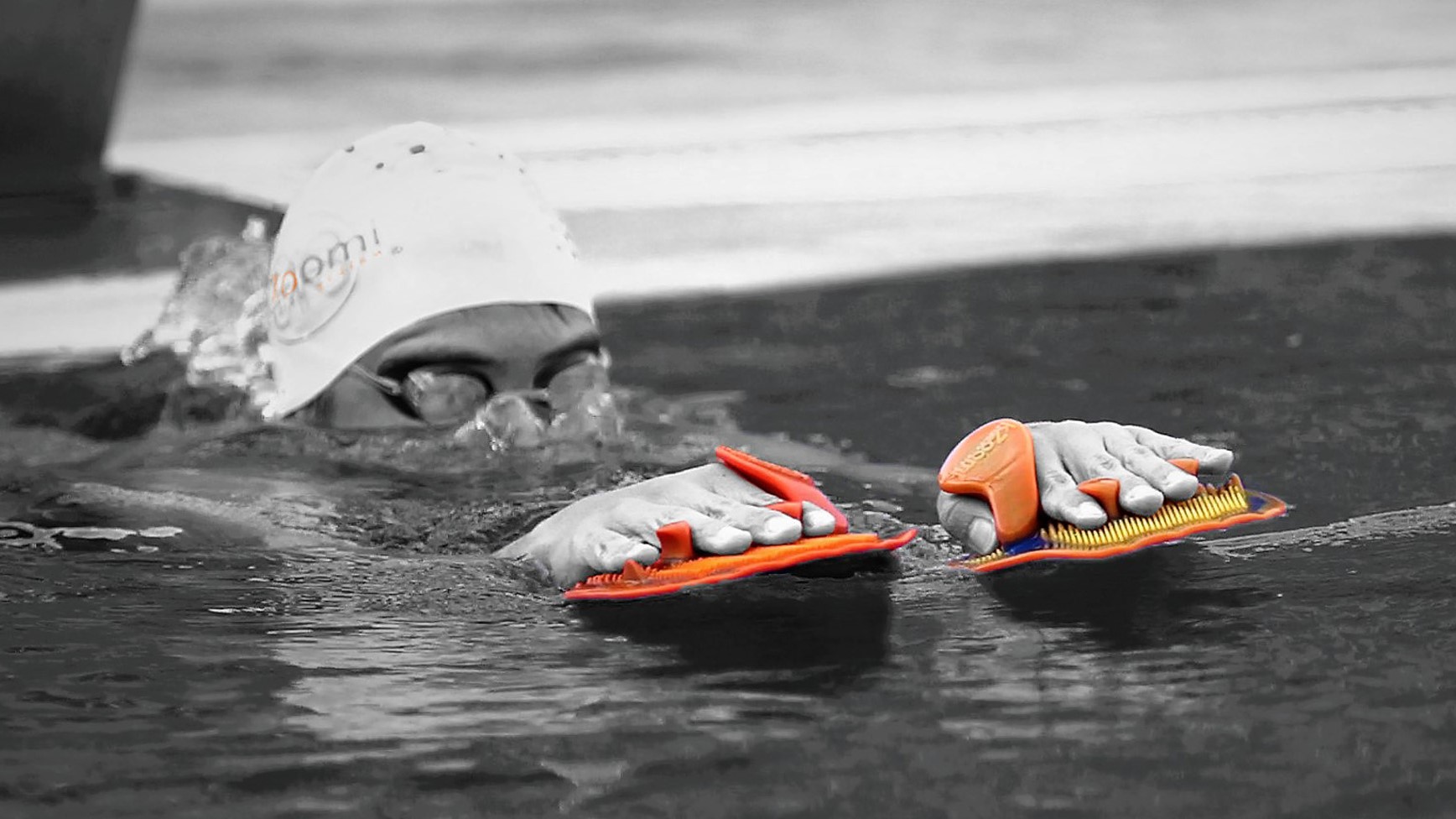The sense of touch
The sense of touch, provided with different sensory receivers throughout the body, becomes essential in our sporting objectives. In no other sport we are in full contact with the environment that surrounds us, in addition to constantly interacting with it to make our way through it more profitable.
The different positions of our body parts, must be maintained by certain muscle groups in a harmonious coordination, but at the same time good enough so that we do not swim believing as normal or natural incorrect positions that hinder performance or cause us injuries. Therefore, we must use materials that attract and retain the student’s attention. Carefully designed hearing and visual experiences may modify behaviors favorably. However, these behaviors can be conscious or not depending on subliminal perceptions, taking these as a synonym of unconscious perception.
"Reality is different from how we see it." Kia Nobre, professor of Cognitive Psychology at the University of Oxford.
Swimmers often think that their swimming style is better than it really is. We believe that we perceive the motor patterns exactly as we observe them in others, in those that catch our eye us with their swimming performance. Our brain does not register in the same way as a video camera. The brain uses resources to get an idea of what happens in the environment.
Neuroscience is responsible for revealing these issues that we have observed during our training sessions, and despite finding strategies to achieve our goals, we were not clear about why they occurred. Coaches must know how our swimmers’ cognition works to be able to intervene in the process of acquisition or re-education of the swimming, dives and turns. Thought timing is a fundamental element, as well as organizing perception and actions in response. Our brain is constantly making predictions, projections and devises expectations of where and when future events will occur according to our interests, changing their excitability in certain areas conditioned by these, being in many cases, involuntary and uncontrollable.
Our brain likes variability and when it receives new stimulus, it has a different way of perceiving time, dilating it. The rhythm of the things that happen allows the brain to assess the passage of time. This variation is not immutable in our mind and may seem faster or slower depending on interest, novelty or the amount of stimulus that we receive. When this takes place in the training session, the profitability of it is very high and swimmers can conclude their daily work in better technical conditions.
Is it not true that when we live a dangerous situation time seems to slow down?
This happens because we process more information than usual and it seems to expand. In the same way, when we lack stimulus, we also perceive in a different way, condensing it and having the sensation that it has happened in a faster way. Neuroscientists believe that when a stimulus is repeated, the brain does not waste time in analyzing it, since it makes the prediction and knows what will happen next, getting used to it and feeling that it happens more quickly. Furthermore, if we introduce a new element periodically, they will feel they have to pay much more attention to give a correct answer, learning from the situation and taking time to analyze and learn. This would justify our proposal of constant variation of stimulus to maintain and raise our technical level and not fall into daily monotony. We believe that time is linear and predictable, but it depends on our experiences and the way feel.
We are really mediocre to perceive what is really happening in the world. It is difficult for us to see all the details of a concrete situation, but, in contrast, we are extremely skilled at perceiving what could save our lives.
The reality is different to how we perceive it. We just have to ask our swimmers how they think they move their arms, legs, head etc., in order to realize the distortion that exists between their subjective reality and that we see, or even better, the one that would register a video camera. Our swimmer would be very surprised when they saw the difference.
Therefore, it is necessary to know the relationship between objective reality and subjective cognition, although one is necessary to improve the other. Therefore, we must stop believing that the brain is a mirror of our vision to understand that it is the creator of our reality, anticipating what is going to happen and often developing erroneous subjective realities.
Our attention is selective and amplifies or filters information depending on our purposes and desires, and we hypothesize the things that, along with memory, guide and manipulate the sensory information to create our particular reality.
J. Bonal Pedrón




